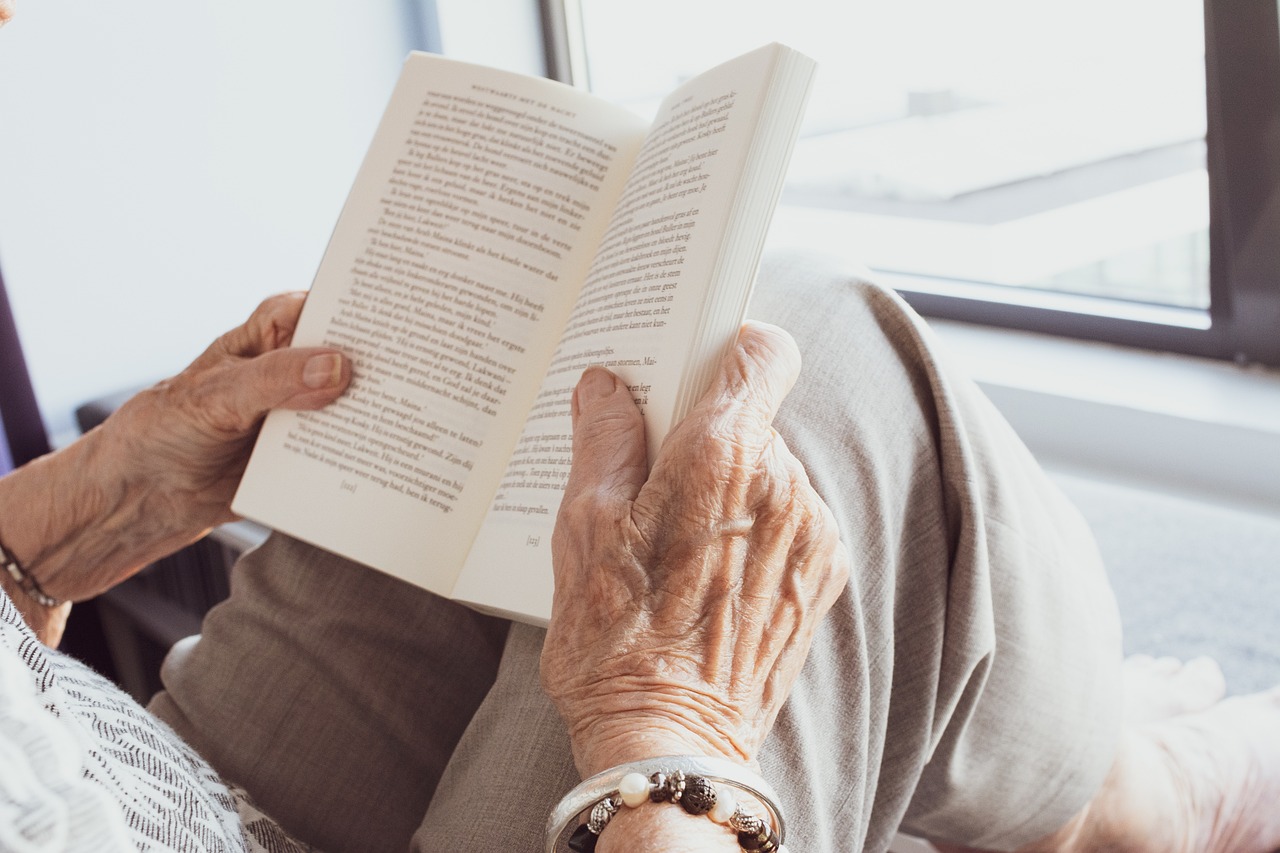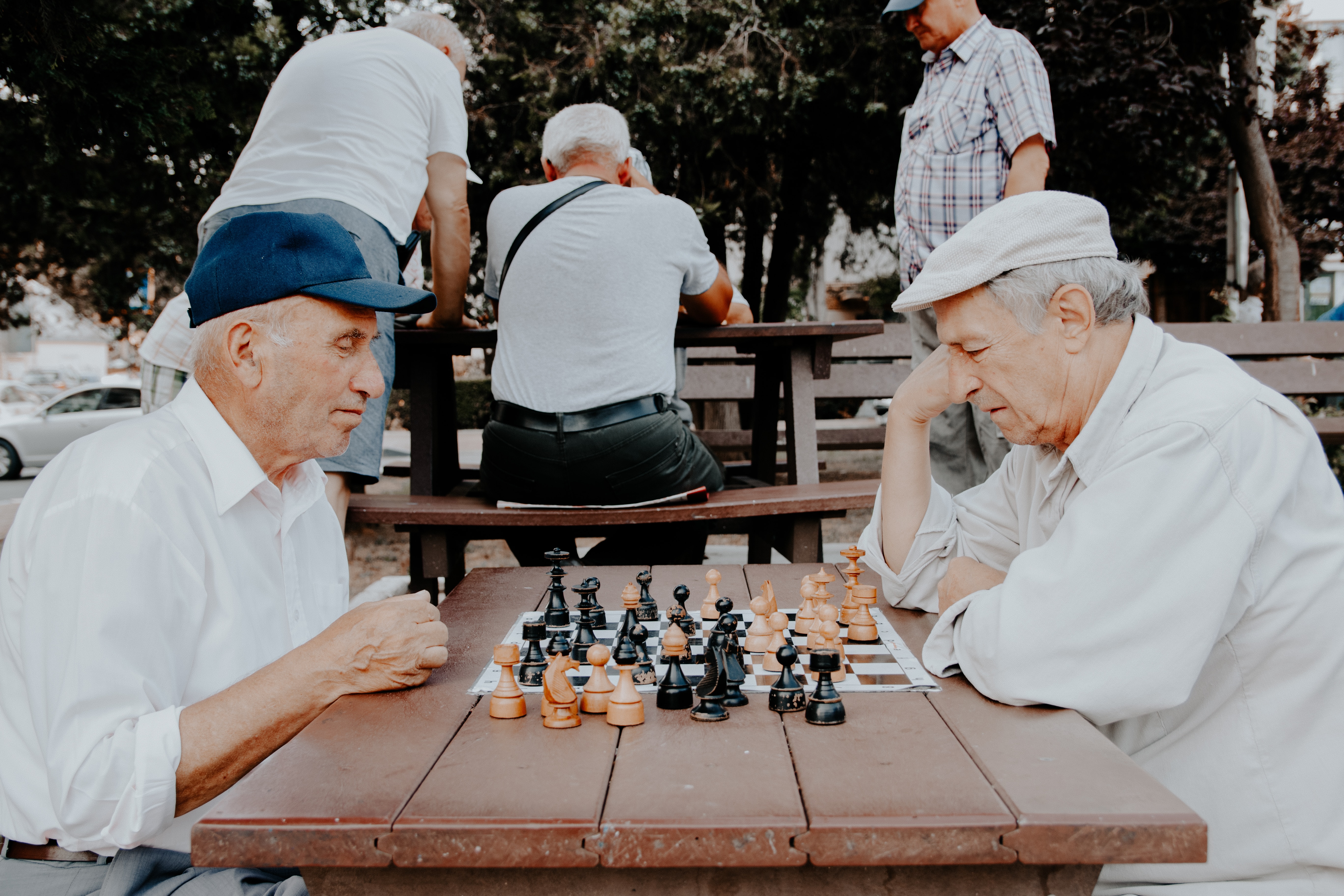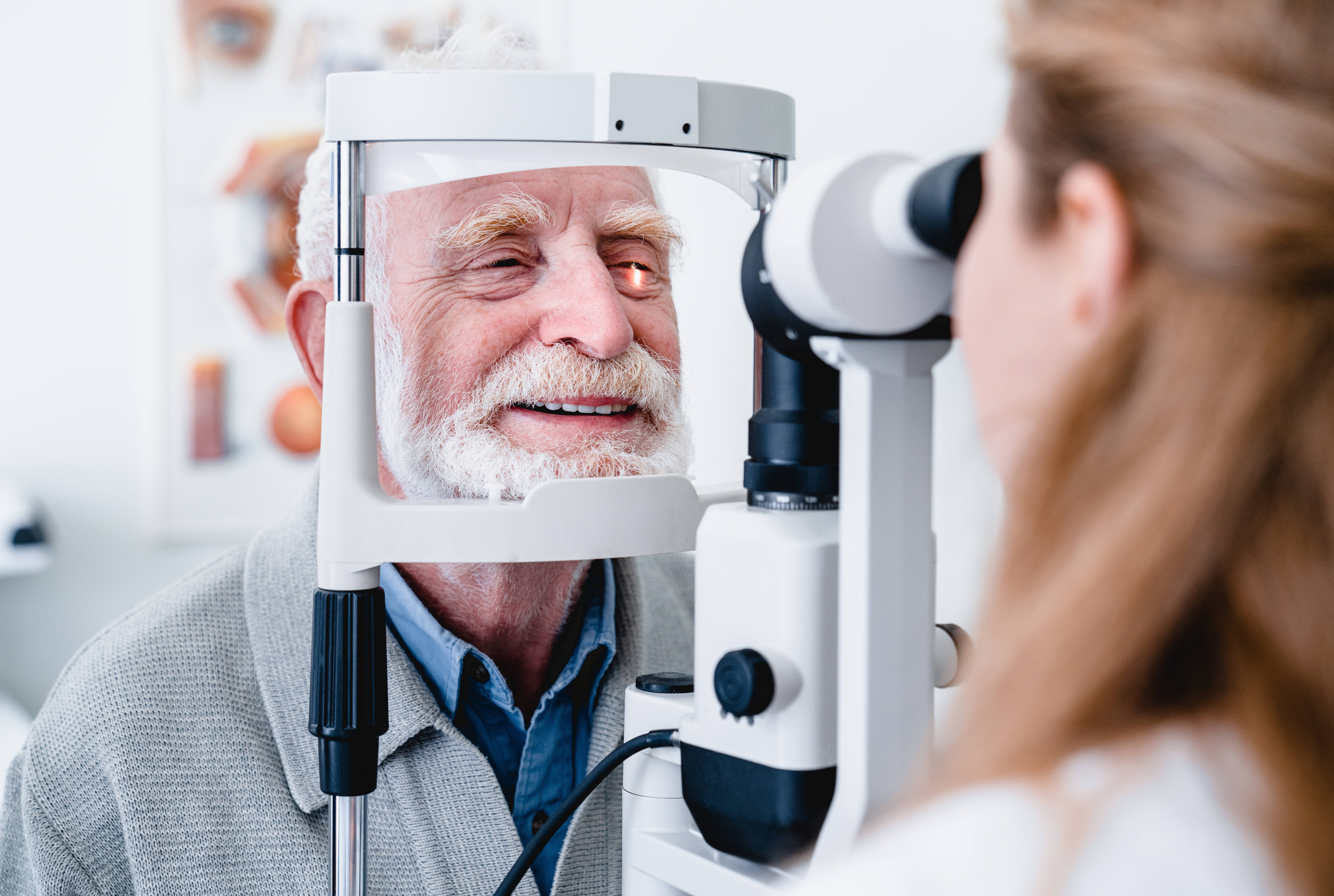What Is Fatigue?
Fatigue is a term used to describe an overall feeling of weariness, tiredness, or lack of energy. It can be a normal response to physical activity, emotional stress, boredom, or lack of sleep, but it can also signal that you, or your senior loved one, may have a more serious mental or physical condition.
Common Causes of Fatigue in the Elderly
Sometimes, fatigue can be the first sign that something is wrong in the body. For example, a loved one experiencing rheumatoid arthritis (a painful condition that affects the joints) will likely complain of fatigue. Similarly, someone with cancer may feel fatigued from the disease, treatments, or both.
According to the National Institute on Aging, additional medical problems and treatments that seniors experience, and that may add to fatigue include:
- Medical treatments such as chemotherapy and radiation
- Recovering from a major surgery
- Infections
- Chronic diseases like diabetes, heart disease, kidney disease, liver disease, thyroid disease, and chronic obstructive pulmonary disease (COPD)
- Untreated pain and diseases like fibromyalgia
- Anemia
- Sleep apnea and other sleep disorders
- Recent stroke
- Parkinson’s disease
- Taking medicines for nausea and pain
What About Emotional Fatigue?
As your senior loved ones enter their golden years, they may experience some new emotional stressors. Perhaps they are worrying about their health, finances or who will take care of them? Maybe they have recently lost a loved one? Whatever the cause, emotional stress will eventually take its toll on sleep, draining an individual of their energy and leaving them feeling less than their best.
The good news: Regular physical activity has been shown to improve sleep, help reduce feelings of depression and stress, and boost mood and overall well-being. Yoga, meditation, deep breathing, and stretching may also help your loved one to reduce stress and anxiety, helping them to get more rest.
5 Lifestyle Habits That Cause Senior Fatigue
Here are some simple habits you can encourage your loved ones to avoid in order to fight fatigue:
1. Not getting enough sleep
Getting the recommended 7 to 9 hours each night is important to feeling refreshed and energetic. Try encouraging your loved one to go to bed and wake up at the same time every day. This will benefit the most important and well-known circadian rhythm—the sleep-wake cycle—which influences important bodily functions such as hormone release, eating habits, digestion and body temperature.
2. Drinking too much caffeine
Drinking caffeinated soda, tea, or coffee, or even eating chocolate, can prevent your senior loved one from getting a good night’s sleep, so they may want to try limiting the amount of caffeine they have during the day and avoid it in the evening.
3. Drinking too much alcohol
Alcohol is a central nervous system depressant that changes the way an individual thinks and acts. It may also interact negatively with certain medicines.
4. Over or under-exercising
Regular exercise can help boost your senior loved one’s energy levels. Take it too far however, and they could end up overdoing it and not getting enough proper rest.
5. Boredom
It's common for seniors to report feeling a bit lost when they retire. For people that were so busy during their working years, it can be hard to think of new ways to spend their time. Try and encourage your loved one to engage in social and productive activities that they enjoy in order to help maintain their well-being.
Explore New Possibilities and Age Well at Veranda of Pensacola
Life at Veranda of Pensacola includes lots of opportunities for seniors to learn, explore, and socialize with others. Our team carefully designs our activities and amenities to help your loved one live a retirement life full of fun and energy!
To learn more about life at Veranda, contact our team today.




